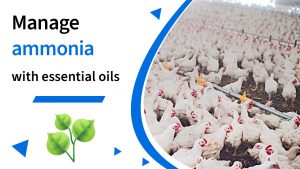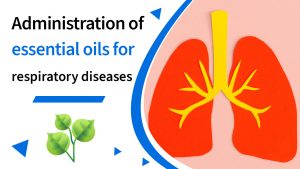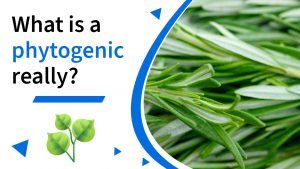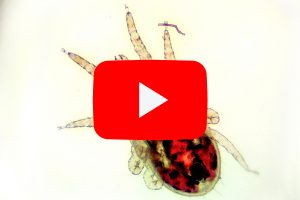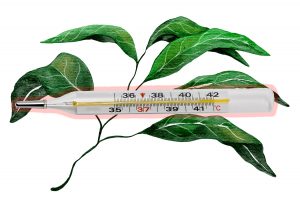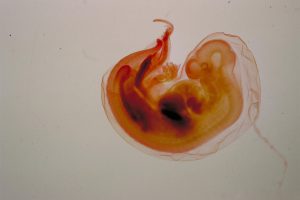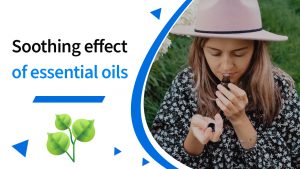
We are experts in phytogenics
Why are we experts in phytogenics?
- We formulate innovative natural products based on the principles of phytotherapy, a science-based medical practice born in France in the early XX century
- We use standardized raw materials produced by carefully selected suppliers
- We carry out extensive laboratory and on farm tests to ensure the effectiveness of our natural products
- We invest more resources and efforts than other competitors in stability studies, quality control, quality assessment and standardization of our manufacturing processes
- Customer’s success is always on our mind, that’s why we ensure that our products are cost/effective and bring economic benefits to the farm
Phytogenics: definition
By definition, phytogenics, also known as botanicals in the US, are a group feed additives derived from herbs, spices, or other plants.
The group includes:
- Plant extracts
- Essential oils
- Purified natural compounds such as saponins, flavonoids, and tannins
- Synthetic compounds that are identical to natural substances
Plants contain an abundance of chemicals that enable them to resist attacks by microorganisms and insects. These ‘secondary compounds’ or ‘phytochemicals’ can potentially have useful growth-promoting and health.

History of the use of phytogenics in animal feed

ANCIENT TIMES
Since the Neanderthal period, humans have used medicinal plants (along with magic and religious rituals) to treat their diseases, and presumably, those of their animals. In Western countries, the use of medicinal plants began to decrease in medical practice in the XIX century and was replaced by pharmaceuticals, but it reemerged in the 1960s as a response to increasing side effects of synthetic medicines.

1980S: COMMERCIAL FARMING
Compounds derived from plants started to be used in commercial farming in the 1980s, especially in Central and Northern Europe, but their use was not widespread. At that time, the usage of natural compounds was already quite different from their historical use, because scientists called that traditional knowledge was validated, the results were reproducible and the treatments were safe and effective. This led to the production of standardized botanical extracts.
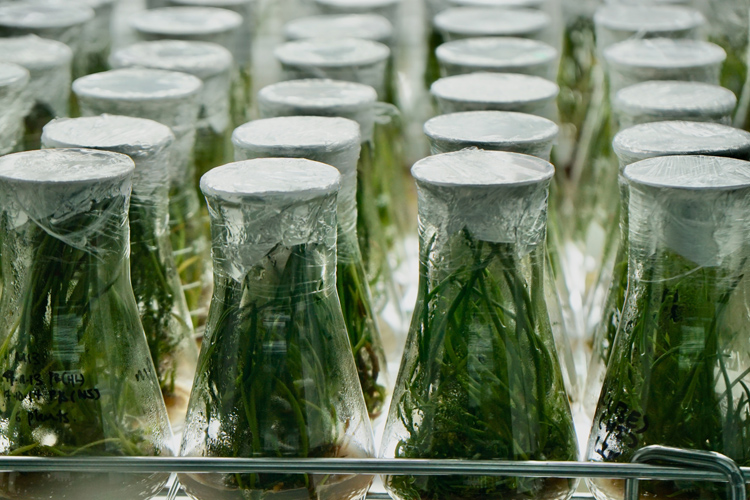
2006: AGP BAN IN EUROPE
The market started growing in 2006, when the European Union banned antibiotic growth promoters, and the need for effective replacers led to increased research activities on the potential of phytogenics. Some countries and producers around the world followed some years later.
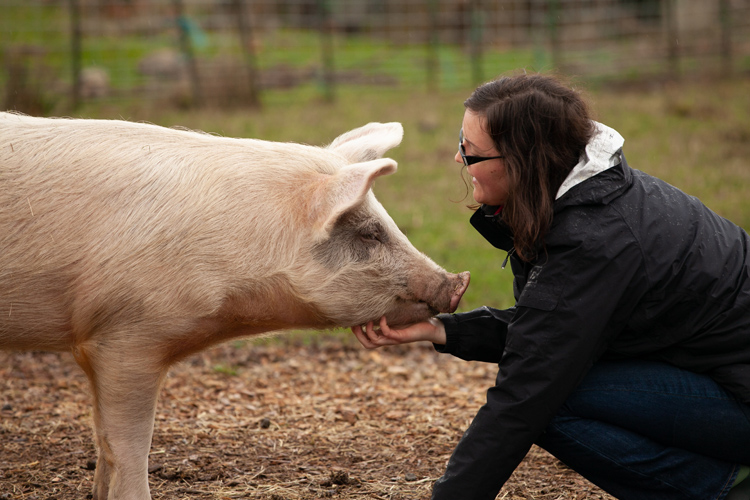
PRESENT - 2020S
The global phytogenic feed additives market size was estimated to account for 618 million euros in 2020 and is forecasted to grow at 7.8% yearly this decade. The growth is mainly driven by the increasing global production of feed, the tightening restrictions on the use of antibiotics, and the rising consumer’s concerns regarding animal health and the quality of meat, eggs and milk.

FUTURE TRENDS
The phytogenic market is not mature. It has a big room for growth and evolution in the coming decades: it is calculated that nowadays only around 5% of feed used worldwide includes phytogenics. The main reasons are that it’s a fairly new concept for many nutritionists and because only 58% of the countries have completely banned AGP. On the other hand, new applications for phytogenics are emerging and driving growth, such as reduction of ammonia emissions, respiratory health, improvement of meat quality, anticoccidials, etc.
Our European expertise in natural products
The expertise behind our product comes from our partner, the European company Galenolink.
At Galenolink are experts in the study, formulation and manufacturing of products based on plant extracts and plant-derived compounds.
Development, production and quality control of natural products
The formulation and development of products based on phytogenics is a very complex process and requires a comprehensive knowledge of very different disciplines such as phytotherapy, phytochemistry, animal physiology, pathology, microbiology, analysis techniques, compounding and pharmaceutical technology:

- Choosing the right phytogenics: creating a successful formula relies on the combination of the right phytogenics. This requires a deep understanding of the physiology of farm animals and the the physiopathology of the disease we want to prevent or treat; the phytochemical properties of each phytogenic, its pharmacokinetics; its biological effects in the animal and the feed additive legislation of the target market. In a good formula, the combination of the different phytogenics is more potent than the sum of its individual parts.
- Combining with other possible ingredients: it is possible to combine phytogenics with other types of feed additives such as minerals, vitamins, organic acids, short or medium-chain fatty acids, enzymes, etc, to complement or enhance the action of the phytogenics.
- Considering the cost/effectiveness of the formula: when formulating phytogenic products for the farming industry, cost is a key factor, because the benefit margin of the farms is usually narrow. Potential extra costs associated with phytogenics use is one of the customer’s major concerns. We ensure and demonstrate with trials that our formulations provide positive economic benefits.
- Choosing carriers: The carriers normally constitute the largest percentage of the formulation and their properties will contribute to a large extent to the properties, behavior, and effectiveness of the finished product.
- Standardizing of the raw materials: The main active phytochemicals present in phytogenics can have variations in their concentrations depending on their plant source, country of origin, growth conditions or methods of extraction. However, there are several quality management procedures that can be implemented to ensure raw material quality and consistency from batch to batch. Setting up the proper quality control protocols and standardization parameters is the key to delivering finished products that perform in the farm.
- Performing In vitro effectivity tests: the research lab carries out in vitro testing to acquire deep knowledge of how phytogenic compounds and formulas based on phytogenics work. This helps to understand the mechanism of action of each phytogenic and is useful to make more precise and effective formulas, before they are tested in the farms.
- Validating its effects in the farm: Before being launched in the market, phytogenic formulations must have their effects validated through on-farm trials, that may take place in commercial farms, universities or research institutes.
- Ensuring the stability of the finished product during its shelf life: The physical, chemical and microbial properties of a product based on phytogenics may change under certain storage conditions. It is necessary to carry out suitable testings to ensure that each batch of finished product keeps its original properties and complies with the standards during the whole shelf life.
- Standardizing the manufacturing method and the quality assessment requirements
Articles about phytogenics

Certain health statements may not be applicable in your region.



